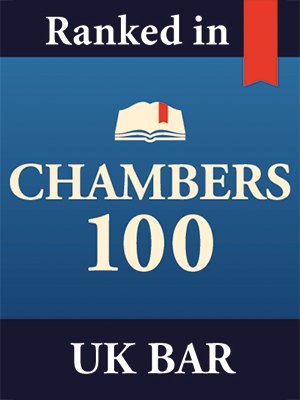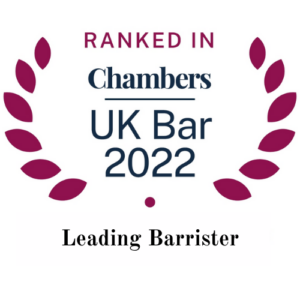You look at the bank online – someone in the business is syphoning off money from the business account.
You then work out that it’s one of your once-trusted business partners.
That feeling of betrayal is truly palpable.
For any director of a company, that will be a hard pill to swallow. It can be both hurtful and demoralising to think that your working relationship isn’t as strong as it once was. Of course, it’s not only the shareholder relationship that will suffer; your business could be impacted quite significantly too.
The not-so-bad news is a route to resolution can generally be found even in the most strained of circumstances. The success of this resolution will largely come down to what steps you take in the wake of the fallout and who you engage to assist with it.
Dealing with a fallout
When you’ve had someone cheat on you behind your back – whether that’s in work or in a personal relationship – there are generally two ways to move forward.
The first is to get emotional and upset and try to make the wrongdoer “pay” or to try to get “even”.
The other is to think logically and practically, taking a far more considered and constructive approach. This will almost always result in a more favourable result in the long term.
It can be very easy in the first instance to let emotion take over and lead your actions. It’s understandable, particularly when someone close to you has breached your trust. However, it’s important that this doesn’t cloud your judgement or negatively impact on your chances of resolving the dispute on the best terms available so that everyone can walk away, perhaps not amicably but at least satisfied with the outcome.
What outcome are you looking for?
This is the key question to ask yourself when you are in the midst of a conflict with a fellow shareholder or partner. Getting “even” may be the tempting option, but is it really the goal here? Take time to sit down and reflect on what outcome would be best for you in this situation.
Do you want to buy out your fellow shareholder or partner from the business and have them cease to be a director?
Do you wish for yourself to be able to walk away from the business in exchange for a fair value for your shares?
Having a clear goal will help define your route to resolution and the best steps to take to achieve it. A specialist barrister should be able to talk you through the process and advise on what, realistically, is achievable.
In my experience, often the most straightforward, efficient and cost-effective way to resolve disputes is to have one shareholder leave the company receiving a fair price for their shares. That being said, it has to be done in the right way; simply excluding a shareholder or director from the business can be potentially damaging.
A barrister experienced in these disputes should be able to clearly lay out the options for you and to explain what is involved at every stage of the process. Ultimately, they should help to ensure you are in the best possible place to make an informed decision on what is right for your situation.
The path to resolution
- Having the right paperwork in place – If you already have a shareholders’ agreement in place, this will likely include provisions that can be used to help reach resolution. For example, a shareholders’ agreement might contain terms that permit you to force a shareholder to sell their shares. Again, care needs to be taken in enforcing such provisions and a barrister with specialist experience can help you iron this detail out. If you don’t have a suitable shareholders’ agreement, then it is certainly worth putting one in place before any conflict or dispute arises. Even if you have no shareholders’ agreement in place, you will have articles of association, the terms of which might also assist in finding the appropriate way forward.
- Access to specialist legal advice – Getting appropriate, experienced and specialist legal advice from a barrister early on about your rights is perhaps the best way to ensure that disputes don’t escalate and that the path to resolution is as straightforward and pain-free as it can be. It is generally preferable to resolve disputes by using negotiation strategies or through engaging in mediation where possible. Your barrister can assist with this; trying always to ensure that sensible compromises are achieved while keeping relationships as intact and as amicable as possible. Of course, if things can’t be resolved via mediation, litigation through the courts may have to be considered as a final resort. Rest assured that if this is the route you end up taking, the right barrister will provide support throughout the process and keep costs transparent so that you enter into proceedings well-prepared and confident.
For the majority, this will be the first time you will have faced a shareholder dispute within your business. If this is the case, you will no doubt have many questions and concerns as to what to expect from the process.
Please do get in touch if you would like some more information or would like to discuss your own specific circumstances. An initial thirty-minute consultation is free, and I’d be very happy to advise you as to the best steps to take.



